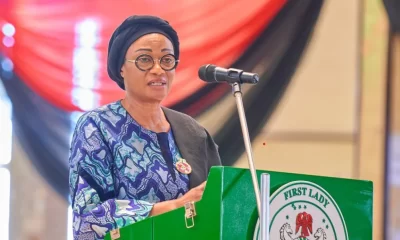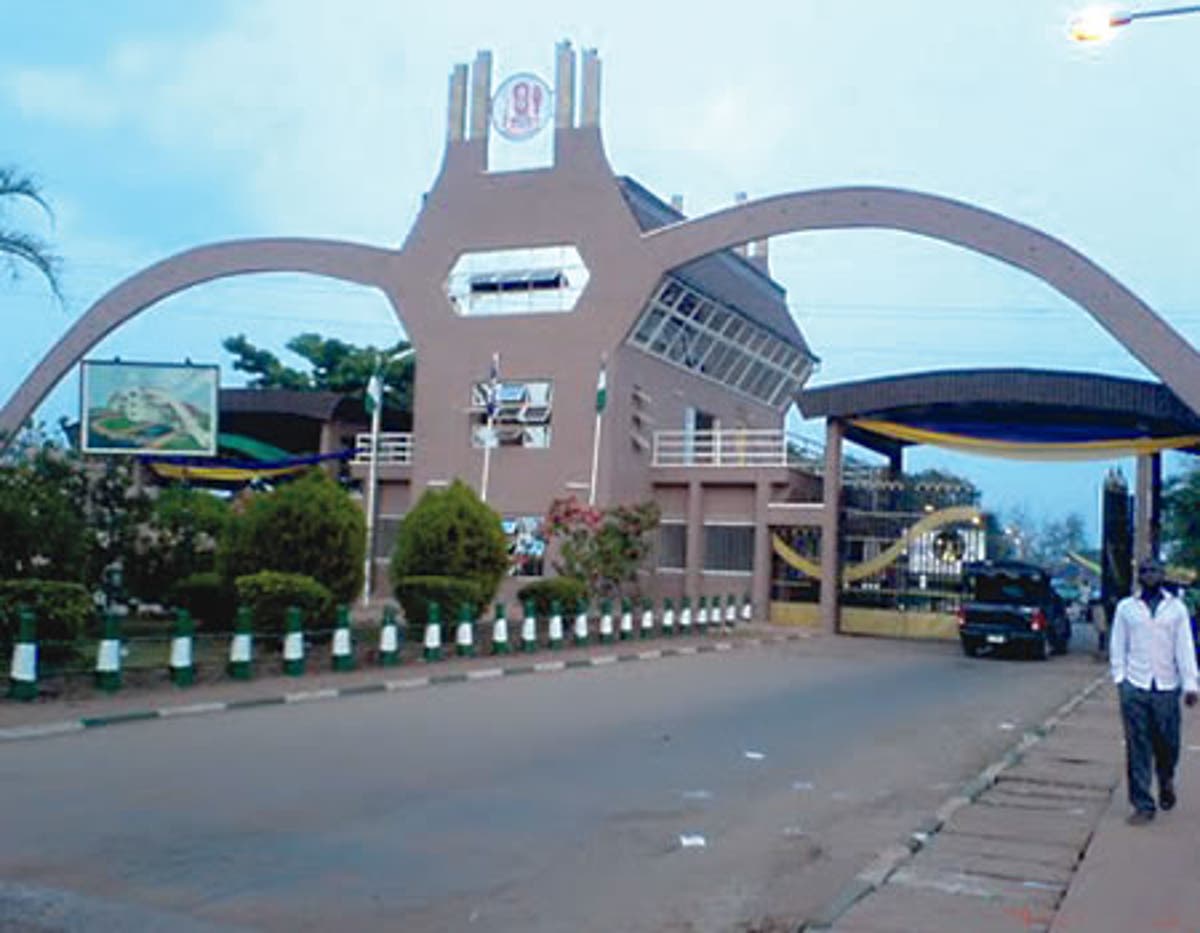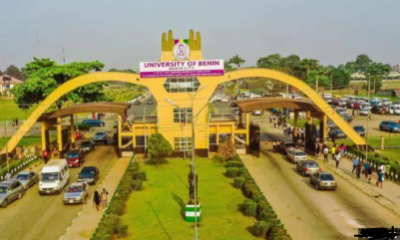The University of Benin (UNIBEN) said the growing worrisome trend of students’ late registration was reason for introduction of the N20,000 late registration fee.
The Vice-Chancellor of the University, Prof. Lilian Salami, made the assertion at a news conference on Friday in Benin.
Salami explained that the behaviour amongst students had continued to have negative down-stream impact on the institution’s operations, and ability to deliver the quality of education and students’ support she promised and committed to, as vice-chancellor.
Beyond this, she said, research further showed that there was a direct correlation between late registration and poor student academic performance.
“The sad fact is that less than 25 per cent of our students register on time yearly, no functional or high performing education institution can thrive with such lackluster statistics,” she said, adding that early registration remains critical for effective operations of the university.
According to her, timely registration provides insight into the students’ volume/demand and allows for smarter planning to ensure that there are enough staff, courses and funding to support the students accordingly.
“It is important to note that in the past, other non-financial interventions in attempts to urge early registration have failed.
“It was based on the bad practice that the university Senate on Aug. 2, agreed to increase the existing payment of late fee from N10,000 to N20,000 on all students, as another attempt to further encourage early registration.
“The announcement saw significant growth in early registrations from 2020 rate of 35 per cent to 93 per cent.
“We haven’t seen this rate of early registration in decades. It is a UNIBEN record without question, and Kudos to those students who chose to make their education a priority,” the vice-chancellor said.
She noted, however, that the senate reversed the decision due to the outcry from students, in spite of the violent engagement of some students.
Salami noted, notwithstanding, that the reversal of the position would not break the institution.
“I fundamentally believe that there are very few decisions that are irreversible and this is definitely not one of them. At this time, the N20,000 late fee is reversed and it is a closed case.
“Uniben is resilient and we will continue to move forward with a strong conviction to ensure that the university reaches its full potential as a premier academic institution.”
The vice-chancellor said she was proud of the progress the institution had made over the last 20 months under her watch.
She expressed satisfaction over the continued improvement in students’ experiences in power supply, water supply, renovated and livable hostel spaces, clean and beautiful environment, improved teaching and learning conditions/materials, improved students’ work study programme and academic excellence among others.
She pledged that her administrative team would reflect on the lessons learnt from the last few days in shaping future policies and back-end processes.
“How we gather the voice of the students and how we leverage technology to address these kinds of issues in the future.
“The goal remains ‘to ensure that our great institution continues to strive and create an environment where all can succeed’,” she said.
The National Daily recalls that the imposition of the N20,000 late payment fee on students, on Tuesday, led to a two-day mass protest in the institution, forcing the management to reverse the decision.

 Entertainment7 days ago
Entertainment7 days ago
 Entertainment4 days ago
Entertainment4 days ago
 Comments and Issues6 days ago
Comments and Issues6 days ago
 Business7 days ago
Business7 days ago
 Comments and Issues6 days ago
Comments and Issues6 days ago
 Health1 week ago
Health1 week ago
 Health5 days ago
Health5 days ago
 Editorial Opinion1 week ago
Editorial Opinion1 week ago













